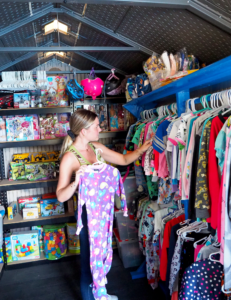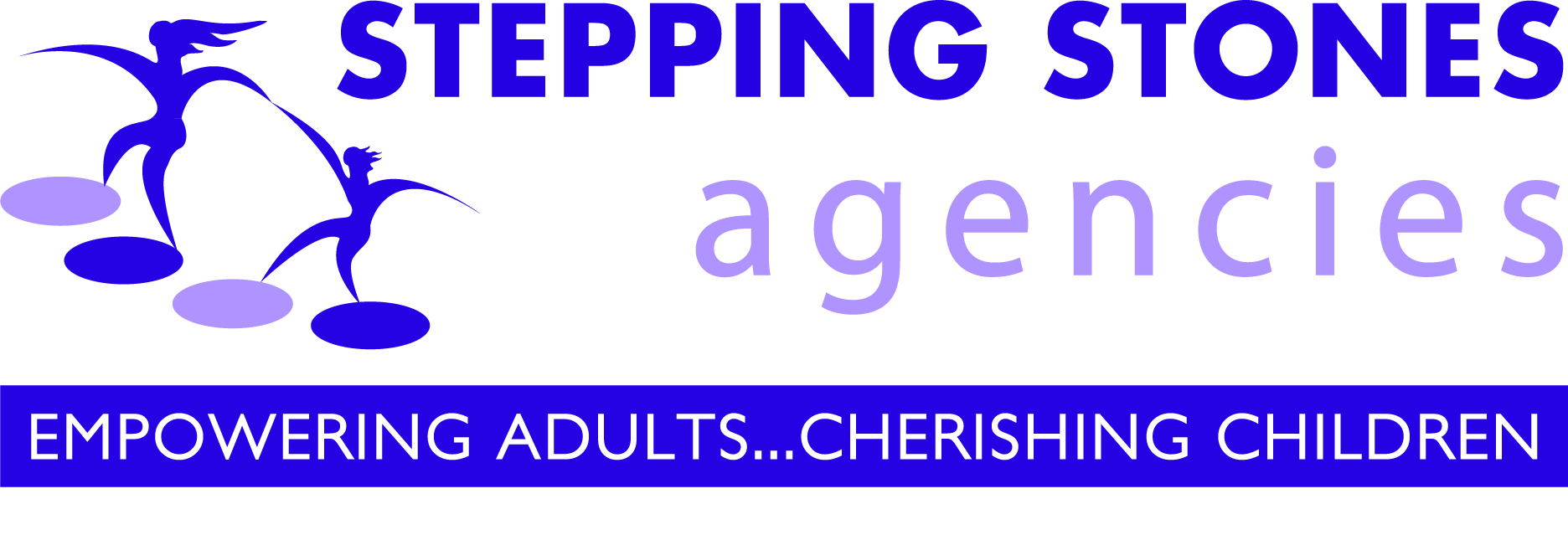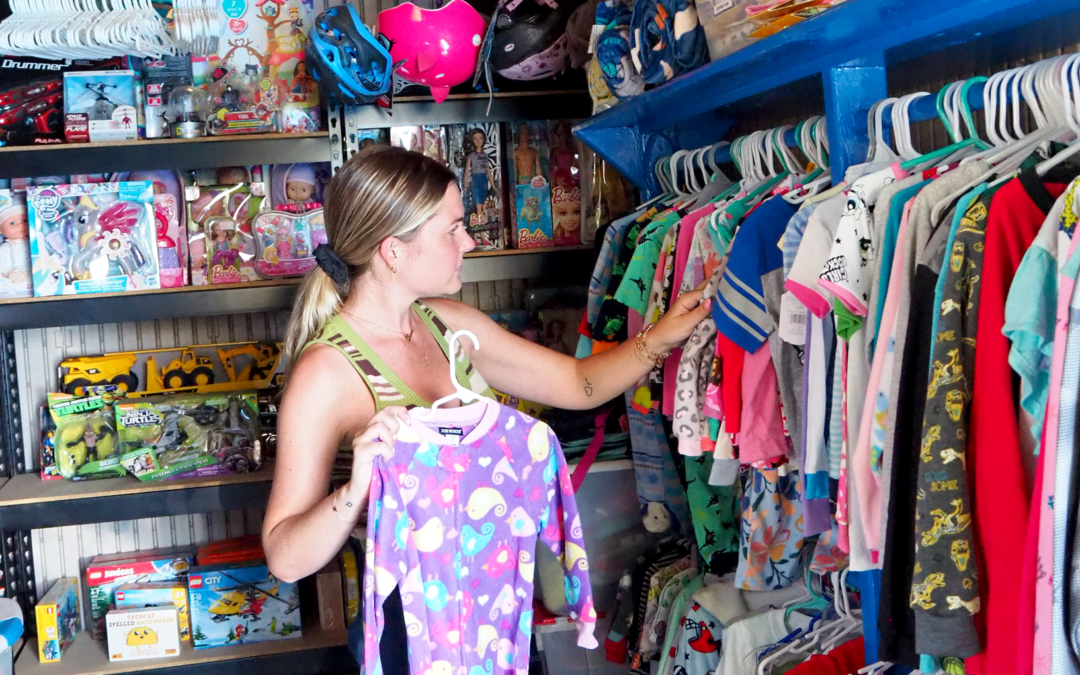At Stepping Stones, we view children as primary victims of abuse when they experience, witness, or are in the same home when violence occurs. Research continues to show the devastating effects of domestic violence in children, whether or not they are in the same room when it occurs. From our 44 years of experience, we often see developmental delays, attachment issues, school struggles, and inability to regulate emotions in the children that come through our doors. It is no wonder that outbursts, fear, or aggression are expressed when that behavior has been modeled in a child’s formative years.
At the shelter, our team is dedicated to providing a safe space for all who walk through our doors including our smallest victims. Stepping Stones’ Children’s Advocacy is focused on building trust, showing children that they are no longer in harm’s way, teaching them that their voice matters, and providing tools for safety that they can carry with them. We work alongside parents to create healthy boundaries and consistency in parenting. We empower parents to find resources that will ensure their child’s educational and therapeutic needs are met. Older children can participate in groups that cover a range of topics from self-esteem to understanding emotions. Younger children benefit from one-on-one interactions and play.
What does growth look like when a child works with advocates? A toddler may enter the program with severe attachment and protective tendencies toward their mother. With time, that same child will happily leave their mother’s side to spend time with an advocate while their mother attends an educational support group. A younger child may get upset and cry or scream for an extended period of time, but we know that this may be the first situation in which they’ve felt safe enough to express their feelings without the fear of damaging punishment. Meeting the child with love and understanding rather than anger or forcefulness results in healthy behavior change from within. Finally, a child may learn about calling 911 when they are scared and one day make the phone call that saves a parent’s life.
Children’s Advocacy takes many forms based on the different needs that arise each day, but each and every day is a critical investment in that child’s ability to grow and thrive in the future.



Recent Comments